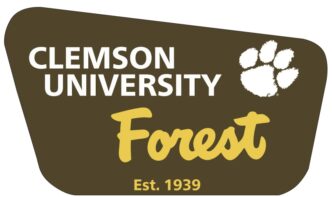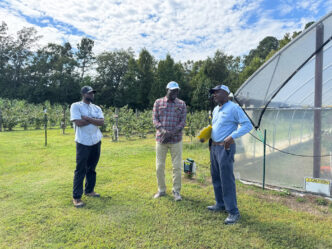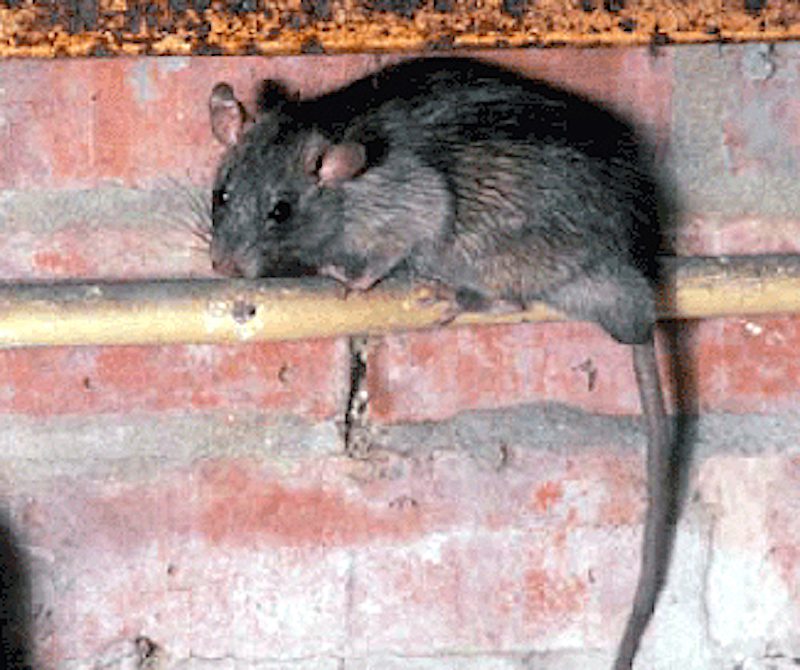Having watched from the periphery as Clemson established itself as an exceptional land-grant institution on the national stage, Todd Petty says the opportunity to lead its Department of Forestry and Environmental Conservation (FEC) to the next level — that of a world-class research university — was one he could not pass up.

“I was ready to get back into my discipline, and forestry and environmental conservation is right in my wheelhouse,” Petty said. “That’s what made this job attractive to me: It was a department that had faculty and disciplines that I know and know well.”
Petty has been hired as the new FEC department chair after serving for the past five years as an Associate Dean of Academic Affairs at West Virginia University, where he worked with division directors and faculty program coordinators to coordinate all undergraduate and graduate level academic programming in its College of Agriculture, Natural Resources and Design.
FEC is part of Clemson’s College of Agriculture, Forestry and Life Sciences (CAFLS) and provides unified education, research and public service programs in forestry, wildlife conservation and ecology by providing excellence in instruction, scientific inquiry and outreach to citizens of South Carolina, the nation and the world.
“I am very pleased that Dr. Petty chose to join the CAFLS family as Chair of FEC,” CAFLS Dean Keith Belli said. “He brings a wealth of experience from his former position at West Virginia University, both as a productive faculty member and an administrator. I am very excited for the future of FEC under Todd’s leadership.”
After earning his master’s and Ph.D. from the University of Georgia’s Warnell School of Forest Resources, Petty’s distinguished 21-year career at WVU has included numerous professorships and leadership roles, including serving as director of the National Council for Science and the Environment, EnvironMentors, WVU Chapter, and director of Peace Corps Masters International Program in Sustainable Agriculture and Forestry.
On his reasons for making the move to Clemson, Petty noted his passion for research and said that Clemson’s facilities — so to speak — are unparalleled in that regard.
“The Clemson Experimental Forest is without peer — I mean, it just is — in terms of a space,” Petty said. “It really is a remarkable thing. Our competitors have forests spread around, but they don’t have a forest like that right next to campus.”
The Clemson Experimental Forest is 17,500 acres dedicated to natural resource conservation, education, research and the land grant mission of Clemson University within a few miles of the university campus.
Further, Clemson boasts the Belle W. Baruch Institute of Coastal Ecology and Forest Science in Georgetown, S.C., a 16,000-acre tract of undeveloped land along the Waccamaw Neck that provides Clemson with unique research opportunities in a coastal environment with high salinity estuary marshes, brackish water and freshwater swamps.
“Our competitors all also have field stations like Baruch, but Baruch is exceptional among its peers in terms of the systems and the faculty that are there,” Petty said.
Petty also pointed to ClemsonFORWARD, a 10-year strategic plan grounded in Clemson’s historic strengths but focused solidly on the future and the challenges facing South Carolina, the nation and the world in the 21st century, as a factor.
“As an outsider looking in, I believe that strategic plan is highly compelling because Clemson spent quite a few years building its profile as an exceptional national land-grant institution and is transitioning to become a world-class research institution,” Petty said. “I love to teach and I love students and all the things surrounding them, but research is my passion. So, I was excited to come to a department in my discipline at a fantastic university that is preparing to go through a research intensification mode — and I believed my skill set was right for that, that I could come in and help the department make that next step in terms of its profile as a research institution because it had done the hard work of building a profile as an educational institution.”
Petty said he was reluctant to bring a fully formed vision about what the department should be into the new job, as he felt that vision should incorporate the views and opinions of those who’ve worked to make it what it is today.
“The department is owned by faculty, the students and the alumni, and I have the privilege of essentially helping that group achieve its vision,” he said. “So, that vision is a shared one. But, after six weeks of listening and thinking and matching with my own views, the word that jumps out is ‘to lead.’ My vision for Forestry and Environmental Conservation is to be a leader in exceptional teaching, research and Extension — and that means leading both on campus and among our peer institutions.”
Petty also noted that a significant part of that leadership is in the area of diversity and inclusivity in a field that has a history of low diversity.
“It’s my vision for our department to lead in that conversation and in that action,” Petty said.
Petty and his wife of 28 years, Tricia, an assistant dean at West Virginia University, have two children: Jeffery, 21, who just began his senior year at WVU as a biochemistry major, and Charlie, 17, who is a senior in high school.






